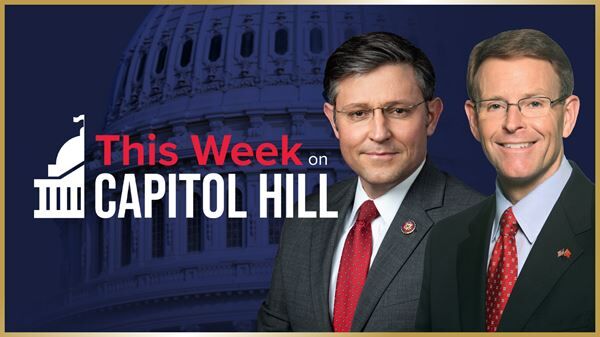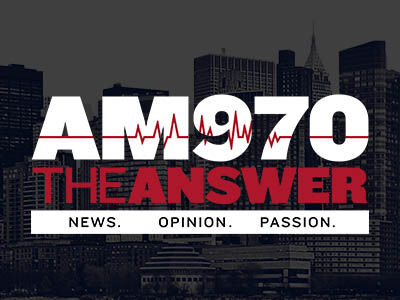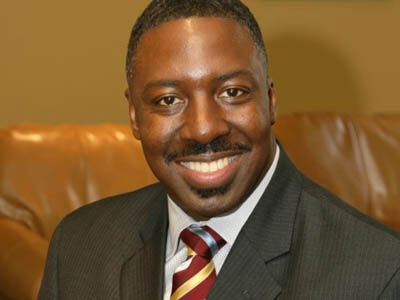FCC moves to end discounts for Wi-Fi hotspot lending and school bus connectivity
News > Business News

Audio By Carbonatix
4:43 PM on Tuesday, September 30
By BARBARA ORTUTAY
The Federal Communications Commission voted to end discounts for library Wi-Fi hotspot lending and school bus connectivity programs on Tuesday, drawing criticism from lawmakers and librarians who say the moves will make it more difficult for people who are low-income or live in rural areas to access the internet.
The 2-1 vote on hotspot lending reverses a Biden-era expansion of the discounts that allowed schools and libraries to use E-Rate funds for school bus Wi-Fi and hotspots so people could go online outside of schools and libraries.
The FCC said the agency “lacked legal authority for this expansion and that the agency failed to properly justify its decision" and said the program represented “unreasonable policy choices” and “invited waste, fraud, and abuse.”
Another 2-1 vote overturned the FCC’s 2023 decision to provide Wi-Fi on school buses. FCC Chairman Brendan Carr had said it amounted to “illegal” funding for "unsupervised screen time for young kids.”
The E-Rate program, established in the 1990s, has provided billions of dollars in discounts for eligible schools and libraries since 2022 to afford broadband products and services. According to a 2024 data analysis by the AP, it offered benefits to more than 12,500 libraries, nearly half of them in rural areas, and 106,000 schools.
As of 2024, 79% of Americans had access to broadband internet at home, according to the Pew Research Center. Those who don't have broadband often rely on smartphones to access the internet — or lack regular online access.
The American Library Association said it was disappointed with Tuesday's vote and “discouraged by the lack of due process, which left no opportunity for staff, patrons and library advocates to give input on the draft order.”
“For years, we have engaged in the rulemaking process with good faith, partnering with the FCC to fulfill their mandate to make reliable, high-quality broadband available nationwide,” said Sam Helmick, president of the association. “And today, the Commission openly voted to snatch back the opportunity to offer more Americans, especially in rural areas, the high-speed internet access to do the business of life online – pay bills, make telehealth appointments, fill out school applications – after the library closes.”
Sen. Edward J. Markey, a Massachusetts Democrat, said the move to end hotspot lending discounts will “rip Wi-Fi from the hands of students and educators who rely on library and school loan programs to get online.”
“The FCC’s actions today will widen the digital divide and leave low-income, rural, and marginalized communities disconnected,” he said.







